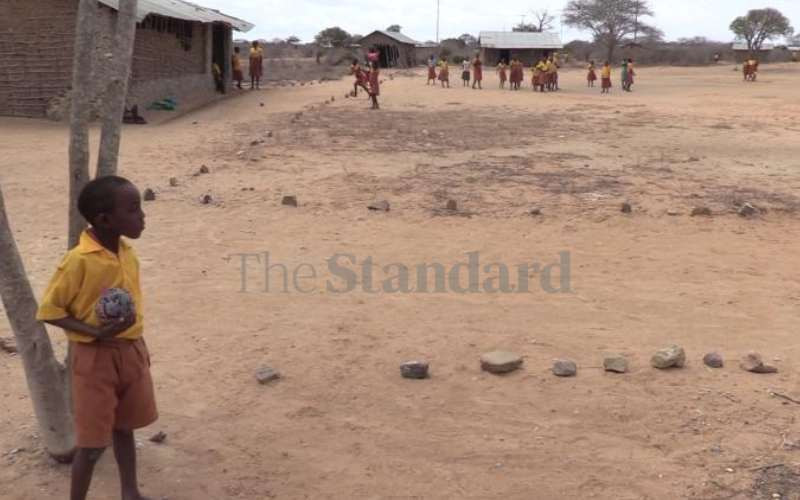×
The Standard e-Paper
Fearless, Trusted News

Like never before, Kenya has been adversely affected by climate change. We have seen families eat carcasses of animals that are not edible.
We have seen many families gather around a fire, cook and eat wild fruits just to stay alive. Pastoralists bear the brunt of climate change as thousands of herds of cattle die while they watch helplessly.